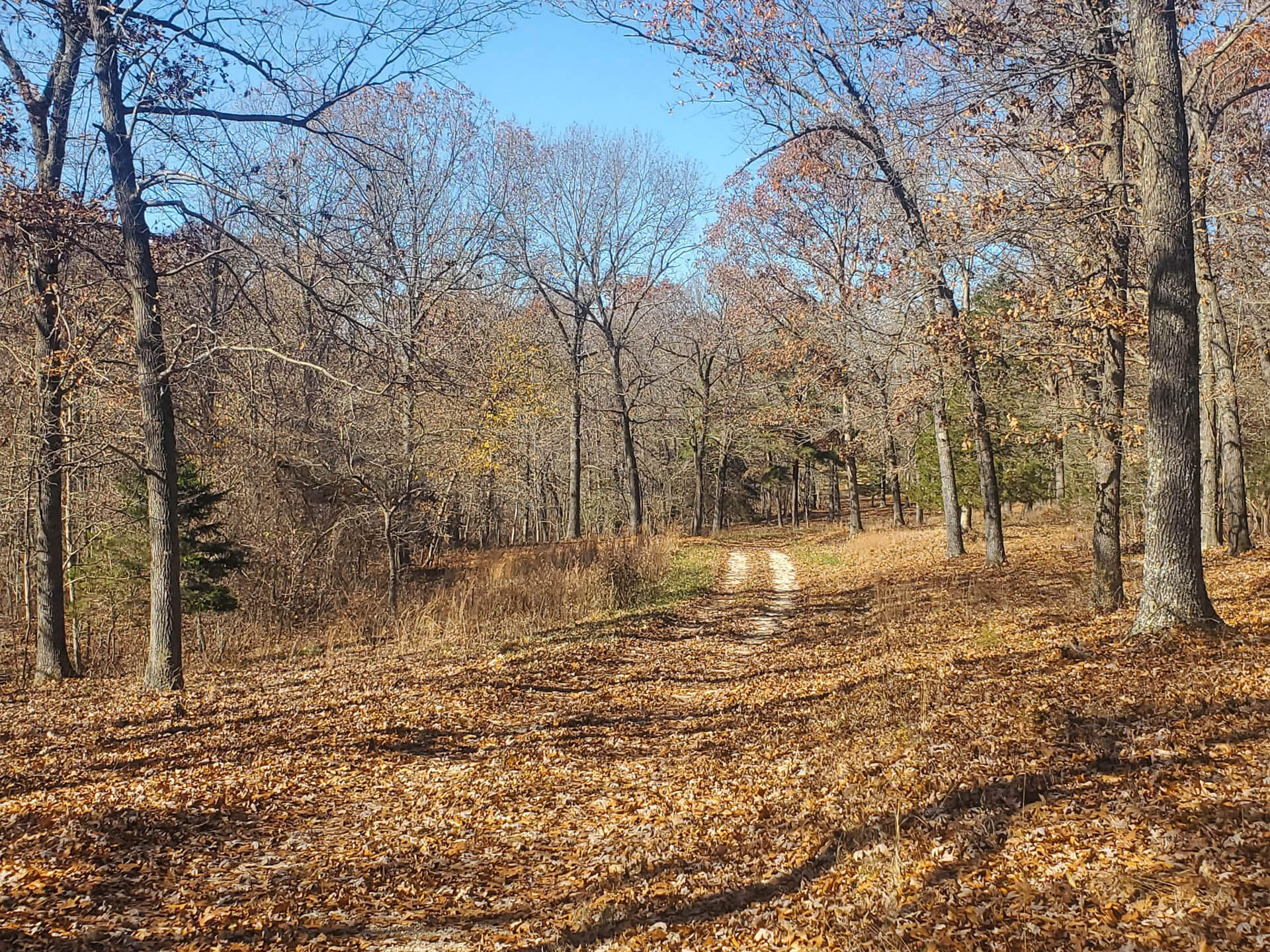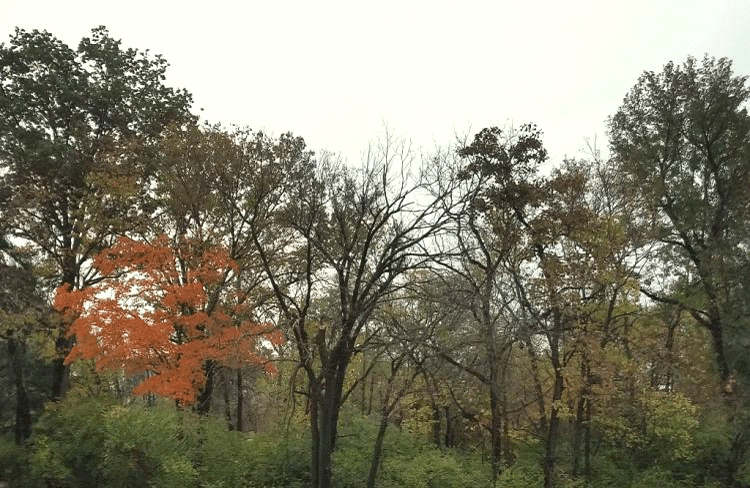
- Prevent the Spread of Invasive Species
Rely On Us To Eliminate And Prevent Invasive Species
We offer integrated pest management and multiple approaches to control and limit exotic invasive species around Ashland & Columbia, Missouri.
Exotic invasive plants outcompete and displace native species.
They offer little to no benefit to wildlife and natural ecosystems.
Because of their vigorous growth and ability to outcompete native species, the plants listed on the Top Invasive Plants list are particularly important to control.
Reach Heartland Forest Consulting today for more information.
“My family recently purchased our first property. As a self-described ‘city girl’ I had no idea how to even begin tackling the invasives in our woodlands. Chris Lohmann came out to visit, gave us advice, and now we have a great trail through our woods that we know how to maintain on our own. I highly recommend Heartland Forest Consulting.“
– Mary Poff
- Work With a Certified Forester
Tackling Multiflora Rose
A white flowering plant, multiflora rose is taking over prairies, savannas, open woodland and forest edges—in other words almost everything. Left untreated it forms dense thickets that smother out other vegetation.
The beautiful blue hue on this bush is courtesy of the herbicide treatment Heartland Forest Consulting crew members applied to help eliminate the invasive.
To learn more about controlling multiflora rose on your property contact us today.


Controlling Bush Honeysuckle
Bush honeysuckle invades quickly and outcompetes native plants. It can create a tough thicket making your woods very hard to navigate. Bush honeysuckle also produces toxic compounds in its roots that inhibit the growth of neighboring plants.
In the spring, it leafs out earlier than other plants and steals light from native species, such as wildflowers and a variety of germinating seeds. All which need sunlight to grow, not to mention soil moisture and nutrients that honeysuckle also depletes.
In the fall, bush honeysuckle remains green after other species have lost their leaves. This gives it extra strength and nutrition, another competitive advantage. If you think you have invasives and need help controlling bush honeysuckle, contact us today!
